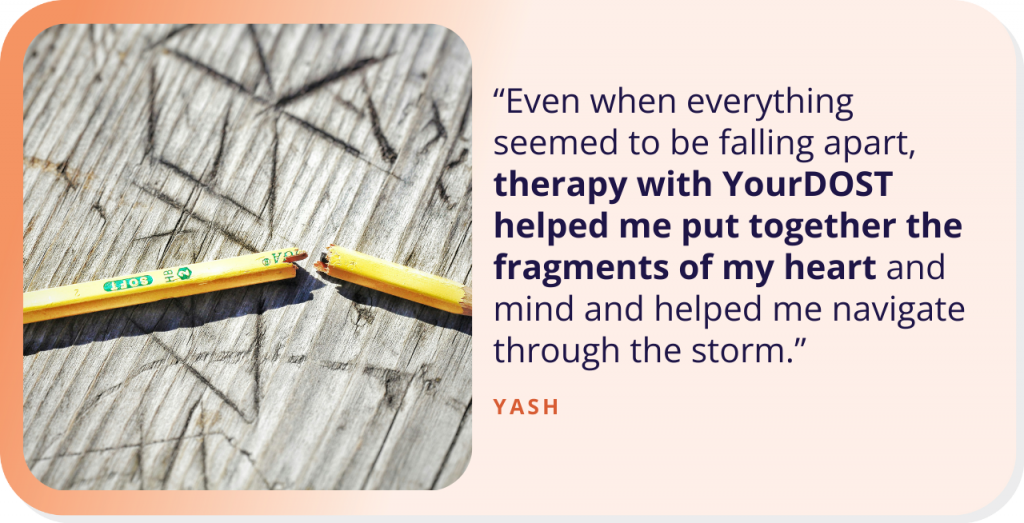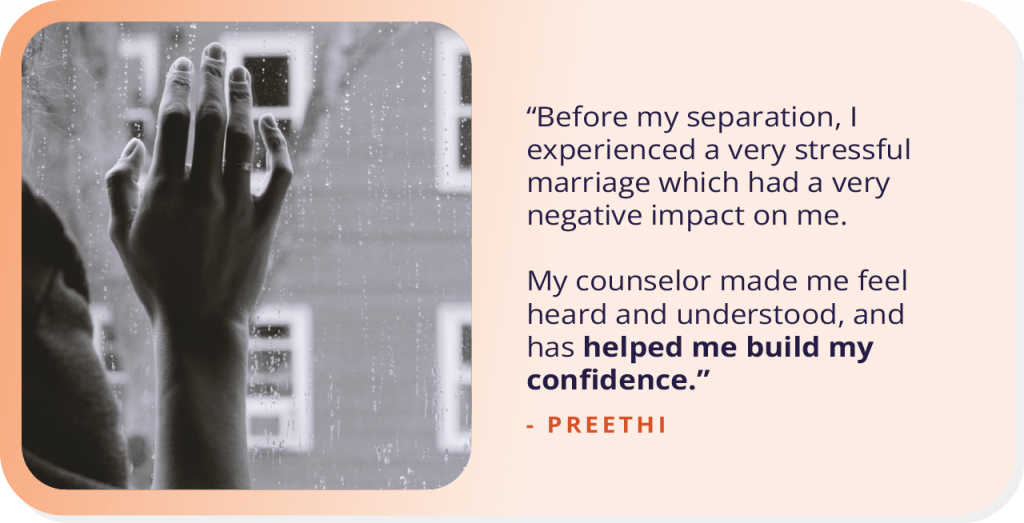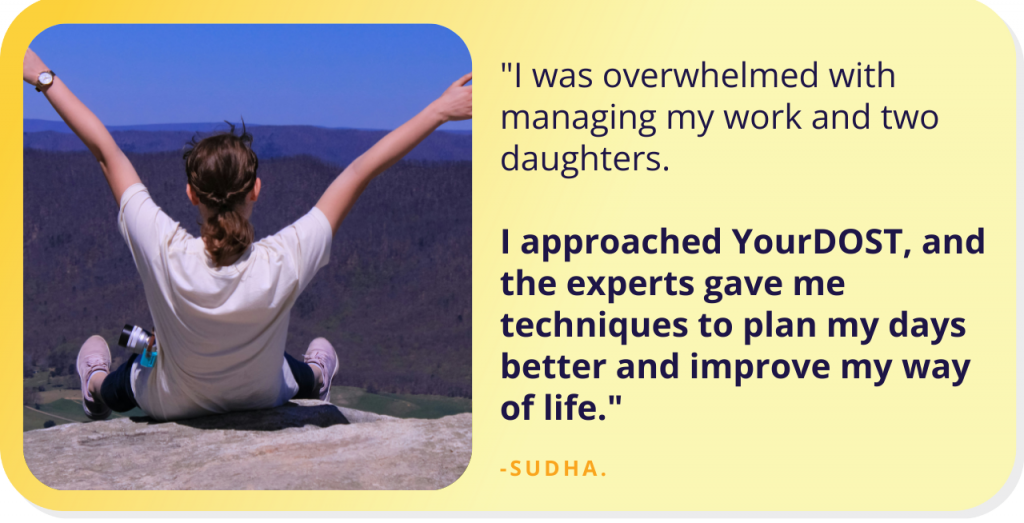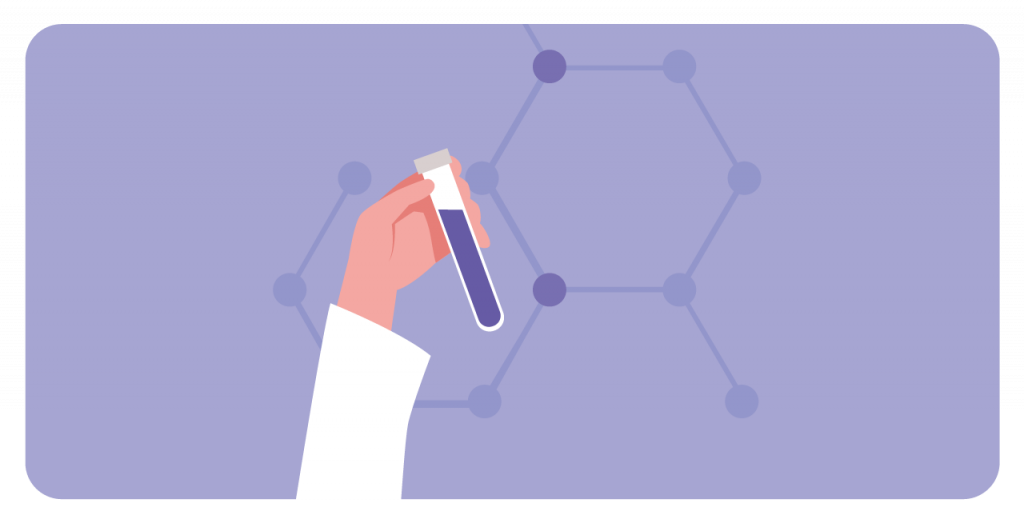
Breaking Stereotypes: Women in Science
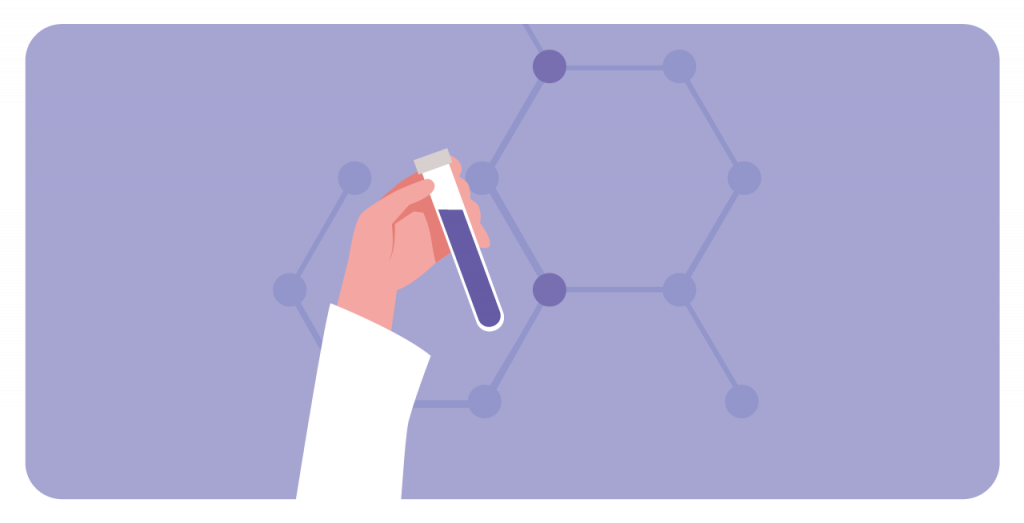
Science has traditionally been viewed as a domain predominantly dominated by men. According to conservative ideologies over history, men and women have very different natures: women are supposed to be kind, soft, and emotional therefore they lose out on their practicality and that is where men dominate. Men dominate the field of logic and reason
This bias has hindered women from exploring and nurturing their interests in sciences, leading to their underrepresentation and lack of involvement in the field.
According to UNESCO, the “leaky pipeline” phenomenon explains women’s underrepresentation in science. While girls show strong interest in science during school and outnumber boys in earning bachelor’s degrees, their participation significantly declines at the PhD level and even more so at the research level. Stereotypical upbringing and deep-rooted gender norms cause women to doubt their abilities, a concept known as “Imposter Syndrome” highlighted by researcher Angela Saini. Women face the dual pressure of entering male-dominated fields and constantly needing to outperform to validate their presence despite being equally capable.
Despite these struggles, there have been women breaking these barriers and inspiring millions out there to choose and pursue their dreams.

- Dr. Kadambini Ganguly and Dr. Anandi Bai Joshi were the first female doctors in British India and the resistance they faced back then during the 1930s is still relevant to a huge extent. They were the first women to practice medicine when society frowned at allowing women the right to basic medicines!
- Marie Curie -one of the most iconic figures in science, shattered glass ceilings by becoming the first woman to win a Nobel Prize and the only person to win in two different scientific fields—Physics and Chemistry. Her groundbreaking research on radioactivity paved the way for modern nuclear science and medical treatments.
- Barbara McClintock – A cytogeneticist whose discovery of mobile genetic elements, or “jumping genes,” in corn won her the Nobel Prize in Physiology or Medicine in 1983. Her work challenged prevailing ideas about genetic structure and function.
- Katherine Johnson: A mathematician whose calculations of orbital mechanics were critical to the success of the first and subsequent U.S. crewed spaceflights. Her story, along with those of other African American women mathematicians at NASA, gained widespread recognition with the 2016 film “Hidden Figures.” These are just some of the many examples of women excelling in the field of science.
Gaining inspiration from these famous historical female figures, many more women are working at present in the field of Sciences, coming up with enigmatic results that could change the world at large.

- Jennifer Doudna: Co-inventor of CRISPR-Cas9, a revolutionary genome-editing technology that allows for precise editing of DNA, enabling advancements in genetics, agriculture, and medicine. It’s being used to potentially cure genetic disorders, develop disease-resistant crops, and even edit genes in embryos.
- Daniela Rus: A specialist in the field of Robotics and Computer Science. She is Director of MIT’s Computer Science and Artificial Intelligence Laboratory (CSAIL). Her work in robotics and artificial intelligence is advancing the development of autonomous systems and intelligent machines.
- Eve Marder: She worked as a researcher at Brandeis University and has conducted notable research on neural circuits and their plasticity. Her work on the stability and variability of neural circuits has important implications for understanding brain function and dysfunction.
These women have not only excelled in science but have also blazed trails for future generations. Their stories remind us that it is possible to overcome societal biases and achieve greatness with determination and resilience.
Ultimately it is about our choices and capabilities and not what society thinks is “correct”. Women have kept proving the fact again and again but the sad truth is that their struggles are still persistent. For them to exercise their agency, they still need to think twice. The challenge is to get past that. Like Carol Greider, the famous Molecular Biologist rightly said: “It’s important to think of women as not just a support function, but as strong, intelligent people with their own goals and desires.”

